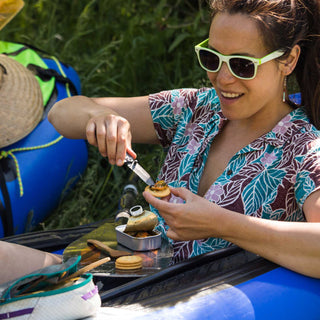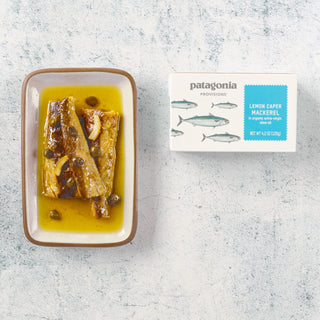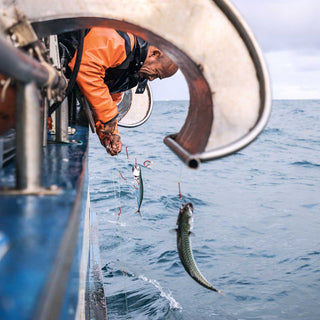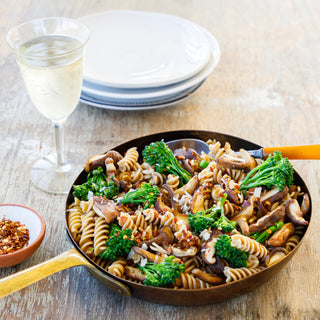The Road to ROC
As the climate crisis worsens, companies must move beyond the mantra “do no harm.” We need to work to actively restore the earth. That’s why Patagonia joined with several other organizations to launch Regenerative Organic Certified™, a program that sets the world’s highest bar for the way food and fiber are grown. The certification builds upon existing organic standards in agriculture and adds robust new requirements for healthy soil (which draws down carbon), as well as farmworker and animal welfare practices.
After more than a year of input from the agricultural, scientific, and environmental communities, we launched the ROC pilot program in 2019. Nineteen farms around the world participated, growing grains, fruit, and more to ROC standards. Provisions’ first RO-certified food, Regenerative Organic Chile Mango, debuted in 2020.
ROC's Pillars
To earn RO certification, farmers must first be USDA Organic Certified. From there, they must meet detailed requirements in three areas.
The nonprofit Regenerative Organic Alliance (ROA), a group of experts across the three pillars, oversees the certification process. Producers can earn three levels of certification—bronze, silver, and gold—depending on the extent to which they adopt regenerative practices and how many more they incorporate over the years. For bronze certification, for example, an operation must meet ROC standards on at least 25% of its land; for gold certification, ROC standards must be met on 100% of the land.
The future of ROC
In addition to Patagonia, other members of the pilot program—including Dr. Bronner’s, Nature’s Path and Lotus Foods—have launched RO-certified products, all available here at Provisions. In September 2020, the ROC application process opened to the general public, a move that we hope marks the beginning of a profoundly restorative and fair era for agriculture.











